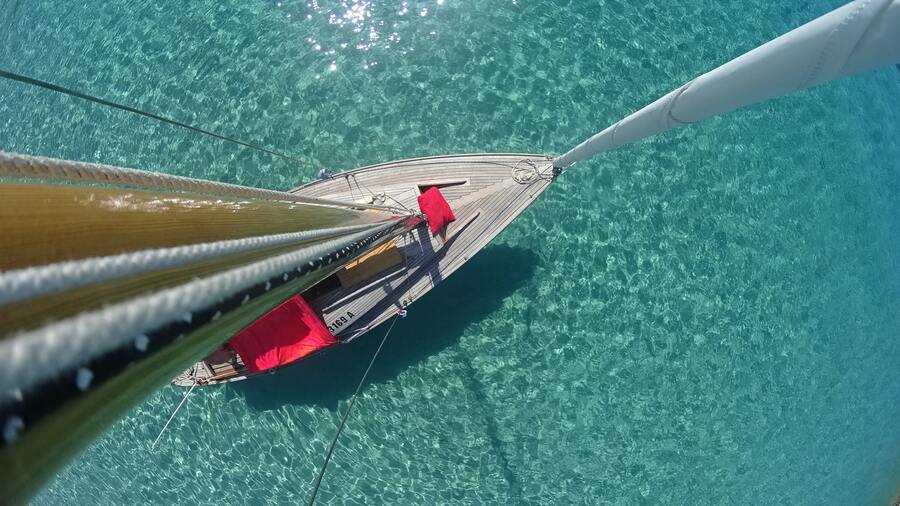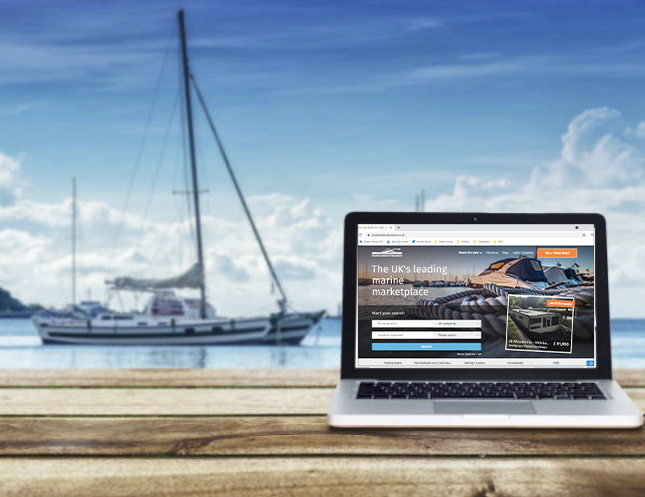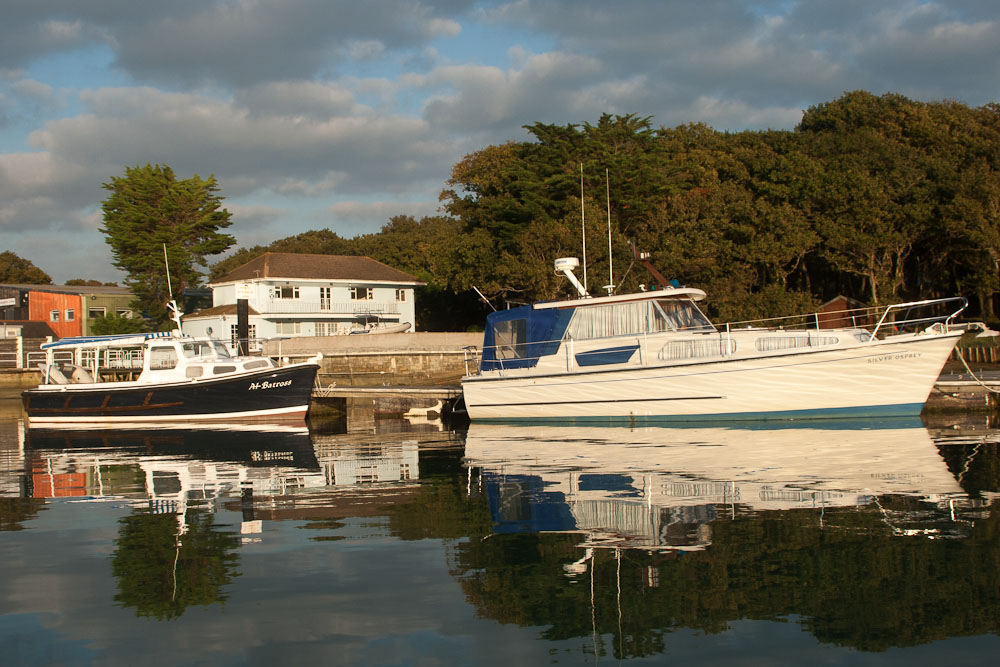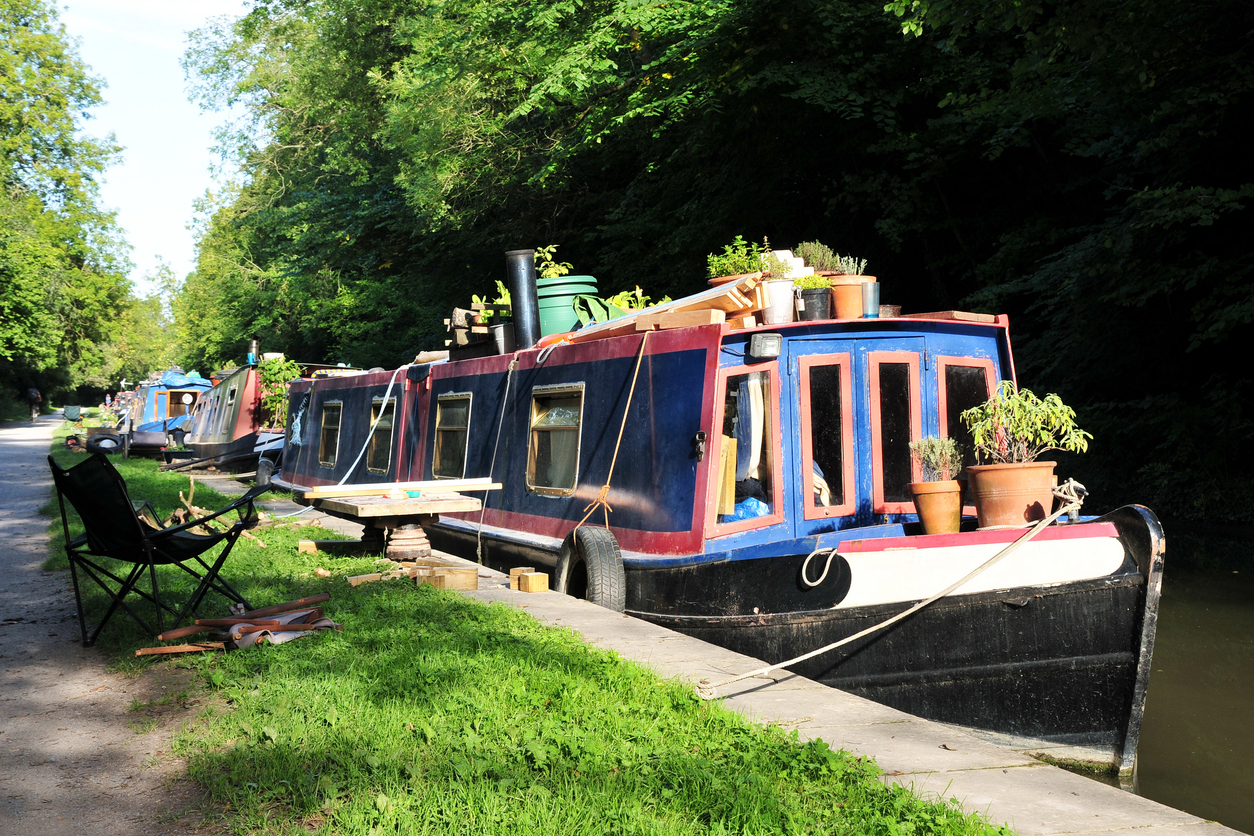Nervous about buying your first boat? Navigating the process of buying a boat can be difficult and stressful for first time buyers. This guide is designed to help you every step of the way, so you can start enjoying your new life on the water.
Owning a boat can open up a whole new world of possibilities and adventure. Whether you wish to tour the British coast in style, or go farther afield, having your own boat brings a wealth of new activities that can enrich your life.
First things first, there’s always the option of hiring a broker. If you are able to afford it, brokers can make this whole process a lot easier. They are experienced boat buyers who will aid you through the process, handling all the paperwork and legal aspects. This will also significantly reduce the amount of hours you will have to put in. If you are interested, you can check our directory of brokers in your area here.
That said, for those of you with a tighter budget, there’s no need to worry. Just follow these steps:
- Choosing Your Boat
- Navigating the Web
- Visiting the Boat
- Sea Trials
- Making an Offer, Contracts and Surveys
- Insurance
- Enjoy your Boat!
Choosing Your Boat
Unlike Harry Potter and his wand, the boat won’t choose you. If you want to get proper use out of your boat, this is one of the most important steps. To get started you should ask yourself a simple question: What do I want to use my boat for? Be it fishing with your mates, travelling the world, cruising down canals or taking the family out on weekends, you should outline all the activities you want to do in your boat.
What type of boat do I need?
Assuming you know whether you want a motorboat or a sailing boat, and have your boat’s main purposes clearly set out, it should be easier to list your ideal boat’s must-have features. For example, if you are planning on using the boat overnight, you would need cabins and at least one head (toilet on a boat). You should think about how many people you want to fit in your boat to determine its size and sleeping capacity.
Your ideal boat can also change depending on what body of water you plan on using it in, if you plan on using it inland you need to make sure that the boat is small enough to fit in canals and other inland waterways. However, if you want a sea-faring vessel and plan on using it for longer distances, it is best to have a boat that is 25 feet or larger so it can cope with bigger waves. In this case, two engines are also highly recommended in case one fails.
Now that you have the make-or-break features outlined, you should have an idea of what kind of boat you need to buy.

If you plan on using it inland you need to make sure that the boat is small enough to fit in canals.
Budget
Buying a boat is no cheap affair, so preparing a budget is extremely important. Be careful not to overspend on the boat itself, after buying your vessel remember that you will continue to spend money on its storage, insurance, fuel, maintenance and other equipment. It is therefore best to set aside at least 20% of your boat buying budget to cover these expenses to avoid any future financial problems.
New vs Used Boats
Depending on your budget, you could be looking at purchasing a brand new or secondhand boat. While both are great options, there are certain advantages and disadvantages to each which we will outline below:
New boat:
Advantages
- There are often options to customise the boat to your taste.
- No hours on the engine.
- Brand new means no maintenance issues with equipment.
Disadvantages
- The main disadvantage of this method is that it doesn’t come cheap. Buying a new boat will be much more expensive than buying second hand.
- If you ever wanted to resell your boat, it will have depreciated in value after being used.
- Buying a new boat can be quite a complicated process, especially for novice buyers.
- Since it is a new boat, it is hard to foresee any teething problems that may occur.
Used boat:
Advantages
- This can be a great budget-friendly option. Secondhand boats are much more affordable.
- Since the price has already depreciated, it won’t lose much more value after you purchase.
- Since the boat has been used there can often be nice ad-ons included in the price or at little extra cost.
- You can get information from the previous owners about what the boat is like and it is likely that any teething problems have already been resolved for you.
Disadvantages
- Options can be limited, and you will not be able to adapt the boat to your choice.
- There can sometimes be unseen maintenance issues, if the previous owner has not taken good care of it. This is why boat surveys are extremely important.
- The engine will already have a certain amount of hours on it.
Navigating the Web
Now you know what you’re looking for, it’s time to browse the web for your new boat. There are a variety of websites that specialise in the sale of both new and used boats. We have prepared a list below:
Whilst browsing listings, take note of all the specifications and check it against your list of requirements and always remember to stay within budget (setting a price limit on the filter can help avoid temptation!). At the end of this process you should have a list of your favourite boats and the contact details, so that you can check them out in person. It is also a good idea to note the models and the brands and search them online for any reviews made by previous owners that can give you an idea about any problems or issues the boat may have.

Visiting the Boat
Visits should purely be reserved for the boats that you are truly interested in buying as it can be a time consuming process and involve a lot of travel, depending on where the boats are kept. You should also contact the seller beforehand and ask any questions or doubts you may have about the boat to get as much information as possible to avoid visiting a boat that may not meet your requirements.
If this is your first time visiting a boat, it’s wise to go with someone more experienced, whether this be a professional (broker) or just a friend or family member who is more experienced in this area. You can also bring along anyone who would be using the boat with you, they can help point out any issues that the boat may have and raise any red flags, as well as have their say.
Once again make sure the boat is able to cater to your needs and those who will be using it. Also be aware of any imperfections or maintenance issues, especially in the case of secondhand boats. It is wise to take photos and videos of everything so that you can review them calmly later on to check for anything that you missed.
Sea Trials
Now that you have visited the boat, it is time to take it out on the water. This is the perfect opportunity to get a taste of how it would feel to own the boat and see how she performs. However, be aware that you are likely to be responsible for any costs associated with the sea trial.
Whilst in motion, try and check that everything is working as it should be. It’s also best to pick a day with some swell so that you can see how the boat copes. Try and check the boat’s mechanics, the engine in particular should be in perfect working condition. It shouldn’t produce excessive amounts of smoke, and should be able to start from cold or warm.
After the sea trial you should reflect on how well the boat was presented, if it has been well maintained (in the case of a secondhand boat), whether you felt safe on board, if the layout was to your liking and effective and if it performed as expected.
Making an Offer, Contracts and Surveys
When making an offer, make sure you are paying above market value. It is best to revisit some of the marketplaces mentioned previously and search prices for the same model in similar conditions to the one you wish to purchase. With this in mind try and negotiate a fair price taking the boat’s condition into consideration.
Contract
Once both parties have agreed on a price, it’s time to draw up the contract. Before agreeing to purchase make sure the boat doesn’t have any outstanding fees, especially VAT. Make sure the owner provides proof of payment, as you do not want to be responsible for any unforeseen costs.
If you are purchasing a secondhand boat, the Royal Yachting Association has a template of a contract designed for buyers and sellers that are not accustomed to this process, exclusively for members of their club. There are also other free templates available online, but be careful as they are written as guides, not by lawyers and therefore aren’t comprehensive.
Other Important Documents
Other essential documents that are required in order to purchase a boat include:
- Original builder’s certificate (this is a key document that can prove the name and address of the original owner, the dealer, the HIN (Hull Identification Number), year built and usually a yard number)
- Bill of Sale (in the case of secondhand boats, this is required to prove that they bought the boat)
- In the case of secondhand boats, an owner should provide receipts for moorings, boatyards and other proof that they owned the boat over a certain period of time. It is also wise to ask proof that the boat is not liable to any debts or outstanding payments.
-
Whilst boat registration is not compulsory in the UK, owners who wish to take their boats abroad must register with either the Small Ships Register (SSR) for smaller vessels or Part I Registration for larger boats. For inland waterways, it usually depends on the navigation authority. For more information see the UK governement website.
- Previously boats required a CE marking to prove that they complied with the regulations of the European Economic Area. Since Brexit, boats in the UK will now require a UKCA marking (UK conformity assessed).
- You should have a document confirming the vessel’s UK VAT paid status. Due to Brexit, it is important to check the vessel has VAT paid status in the EU or UK. Boats that have paid status in the UK will not have paid status in the EU and vice versa. This should be thoroughly checked according to where the boat is berthed and where you plan on using it.
Survey
Now that you have your eye on the prize, you should get a professional survey to check any details that you missed during your visit and sea trial within 14 days of signing the contract (or within the period of time stipulated in the contract). The Yacht Designers and Surveyors association have a directory full of UK-based surveyors. If any problems that were not previously disclosed are found, this can be grounds for breaking the contract.
Insurance
You should get your boat protected with the appropriate insurance. The insurance you require can vary depending on where you live, what type of water you use it in and how you use it. It can be wise to get a quote before purchasing to get an idea of how much it will cost you and whether it is affordable.
Enjoy your Boat!
Now it’s finally time to relax and enjoy your boat! If you are a novice, you may want to look into sailing courses so you can get on the water as soon as possible, but for those of you who already have a boating license, it’s time to set sail!
Main image: Franz Schmitt on Unsplash


